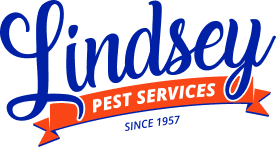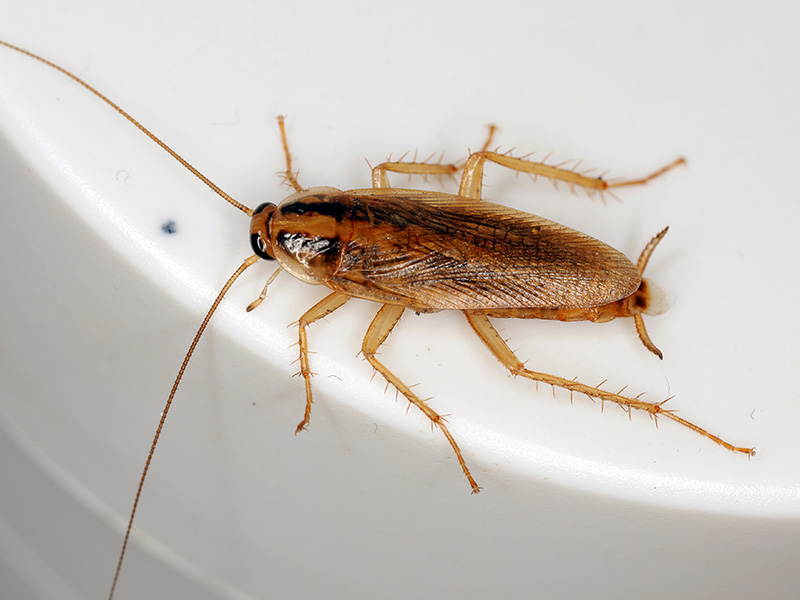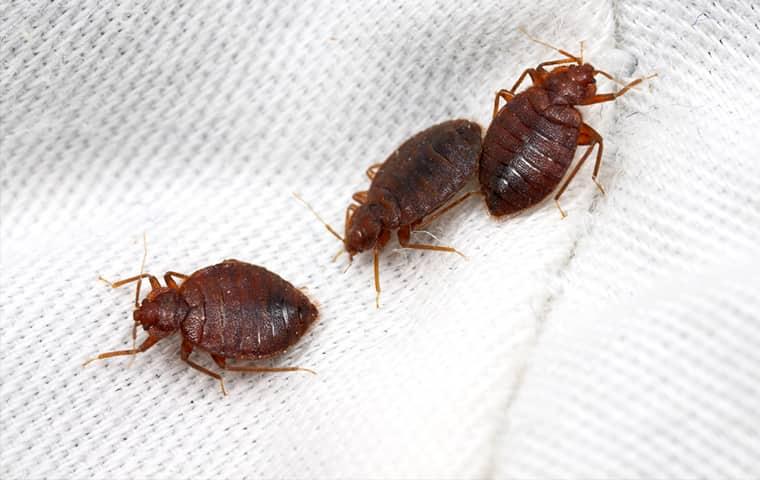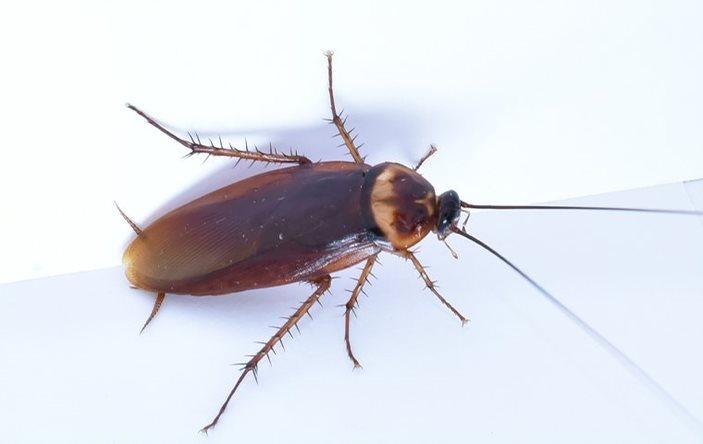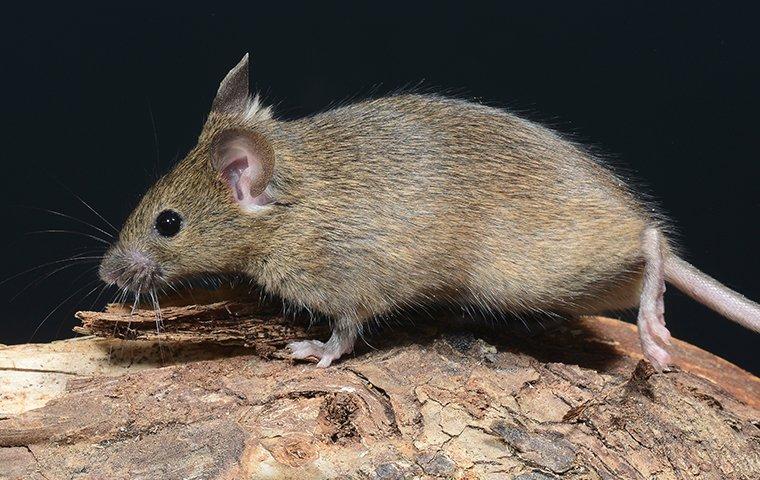How Ants Find Their Way Into Our Jacksonville Homes And How To Keep Them Out
Carpenter ants are just one of the many ant species that can invade your home, but understanding all of them can make ant control much easier. Ants don’t break into homes for fun; they’re searching for food, water, and shelter. The good news is that you can keep these pests out with a bit of knowledge and by implementing proactive steps.
If you’re dealing with ants now, you don't have to wait. Lindsey Pest Services provides top-notch ant control and general pest control in Jacksonville and the First Coast. We can help you find a solution tailored to your home.
Below, we’ll cover:
- The common ants in Jacksonville
- Why ants invade homes
- How to prevent ants naturally
- Expert tips for long-term ant control
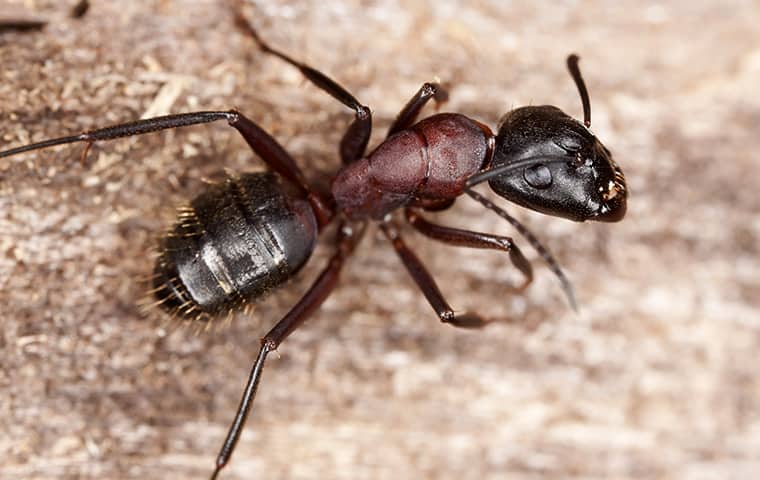
Common Ant Pests in Greater Jacksonville
Here’s a quick look at the types of ants homeowners often encounter:
- Pharaoh ants: Small ants attracted to decaying food and organic matter. They can spread bacteria.
- Argentine ants: Aggressive, fast-spreading ants that form large colonies and invade homes for food.
- Fire ants: Cause painful stings and are attracted to protein sources.
- Odorous house ants: Eat sugary foods and produce a strong, unpleasant odor when crushed.
- Carpenter ants: Nest in damp or rotting wood, creating tunnels and potentially causing structural damage.
- Crazy ants: Erratic, fast-moving ants that can nest indoors and outdoors, often near electrical equipment.
- Ghost ants: Tiny, pale ants that prefer sweet foods and can hide in walls or behind appliances.
- Rover ants: Small, black ants that forage in kitchens and bathrooms, attracted to sweets and grease.
- Acrobat ants: Appropriately named as they can raise their abdomens when threatened; nest in wood and sometimes enter homes.
Understanding their food preferences and behaviors makes it easier to prevent infestations.
The Life Cycle of Ants
Ants develop in four stages: egg, larva, pupa, and adult. Each stage affects how ant colonies grow and why infestations can happen.
- Egg: Tiny, oval-shaped, cared for by worker ants.
- Larva: Hatch from eggs as small, legless grubs, fed and protected by workers.
- Pupa: The transformation stage where the ant develops into an adult.
- Adult: Fully grown ants; includes workers that forage and maintain the nest, and alates (winged males and females) that leave to start new colonies.
Even one worker ant inside your home can leave a scent trail that attracts more ants, so early prevention is essential.
How Ants Find Their Way Into Your Home
Ants start outside your home in your yard or landscaping, looking for food, water, and shelter.
Outdoor Ant Attractants
- Flowers and weeds: Ants love nectar and will forage in your yard.
- Tree sap and honeydew: Aphids, scale insects, and whiteflies produce honeydew, a sweet substance ants feed on.
- Lawn pests: Reducing insects in your yard can reduce ant activity.
- Wood piles: Firewood, scrap wood, or construction materials near your home attract ants, especially carpenter ants.
Ant Entry Points
Ants enter through tiny cracks, gaps, and holes around:
- Doors and windows (replace weatherstripping and repair screens)
- Utilities and pipes (seal gaps with caulk)
- Exterior walls (trim back bushes, tree branches, and vines)
Even small food sources inside your home can encourage ants. Once a worker finds food, it leaves a scent trail that brings more ants inside.
How to Keep Ants Out of Your Jacksonville Home
Preventing ants is about reducing food sources, moisture, and access points.
Yard and Landscaping Tips
- Trim trees and bushes away from the house.
- Remove weeds and dead plants.
- Fix broken gutters and remove standing water.
- Manage pests like aphids and scale insects that produce honeydew.
Home Exterior Tips
- Seal cracks and gaps around doors, windows, and utilities.
- Use door sweeps and weatherstripping.
- Keep wood piles and scrap wood away from the house.
- Paint or repair rotting wood, especially decks and siding.
Indoor Tips
- Keep counters, floors, and cabinets clean.
- Store food in sealed containers.
- Empty trash regularly and clean bins.
- Address moisture problems (leaks, damp wood, or condensation).
Why DIY Ant Control Often Falls Short
Many ant control products promise quick fixes but don’t solve the underlying problem. Ants are persistent; improper treatment can even worsen infestations by splitting colonies.
For long-lasting results, home pest control experts like Lindsey Pest Services provide:
- Ongoing protection around your home
- Identification and treatment for specific ant species
- Prevention strategies for other common pests
Take Control of Ants in Your Jacksonville Home
Keeping ants out isn’t just about one spray or trap; it’s about understanding their behavior and taking smart, proactive steps. Whether trimming branches, sealing cracks, or cleaning up inside, every action counts.
If you want the peace of mind that comes with professional ant control, contact Lindsey Pest Services today. We’ll help you protect your home from ants and other pests year-round.
